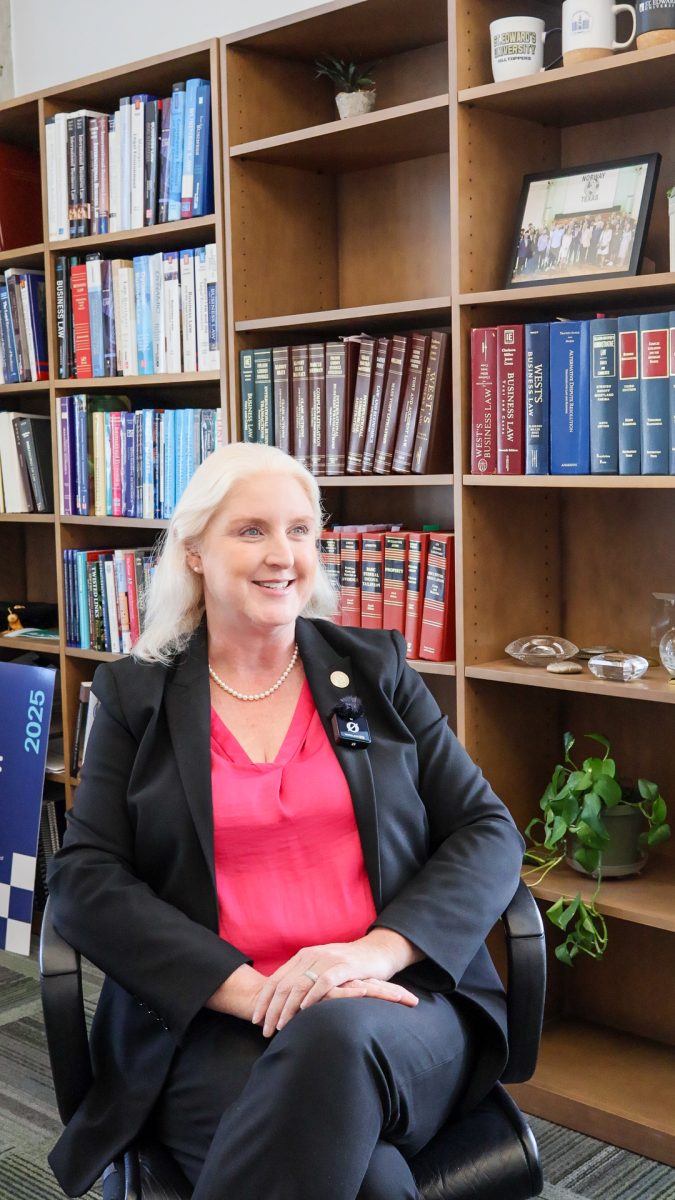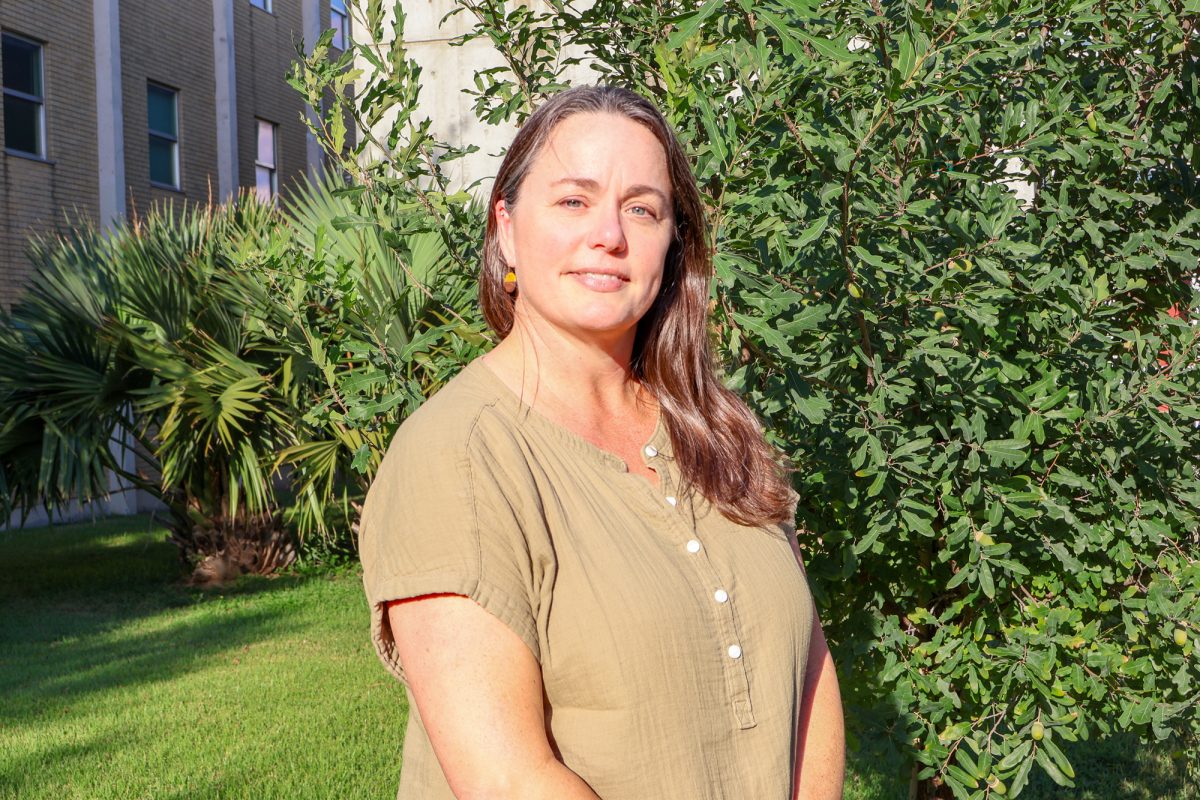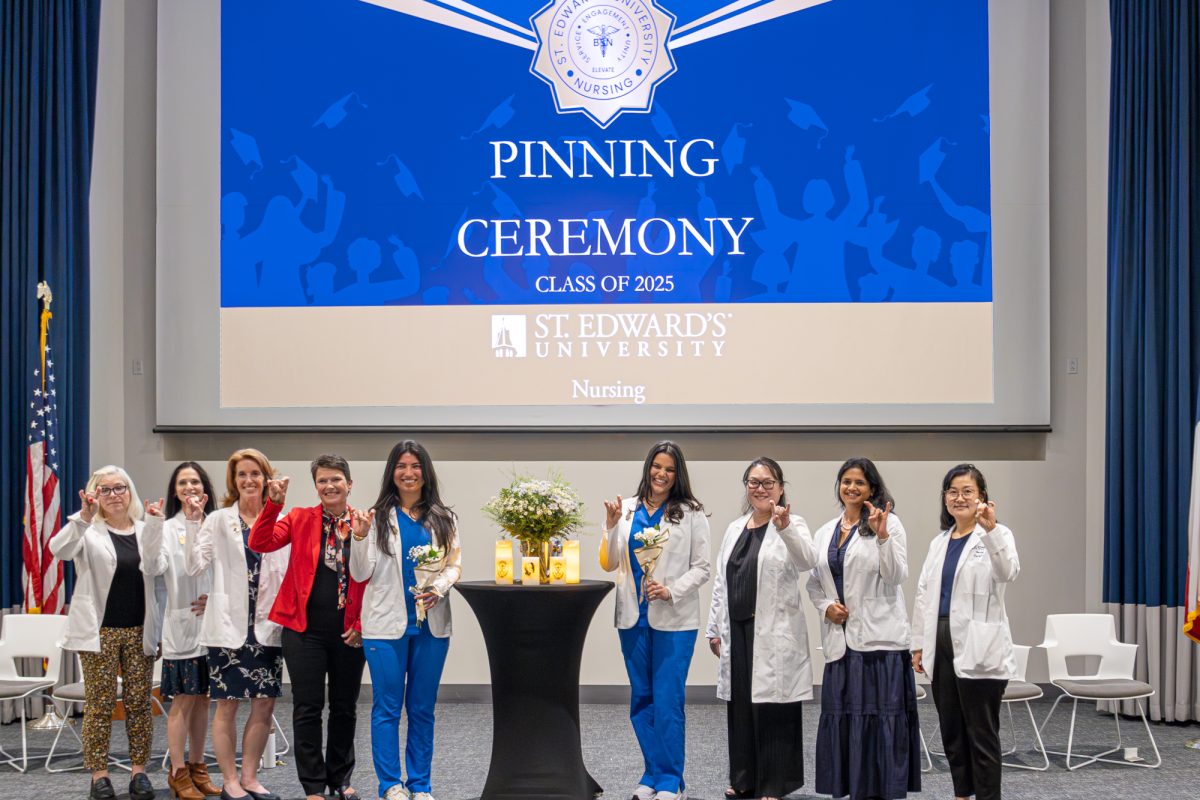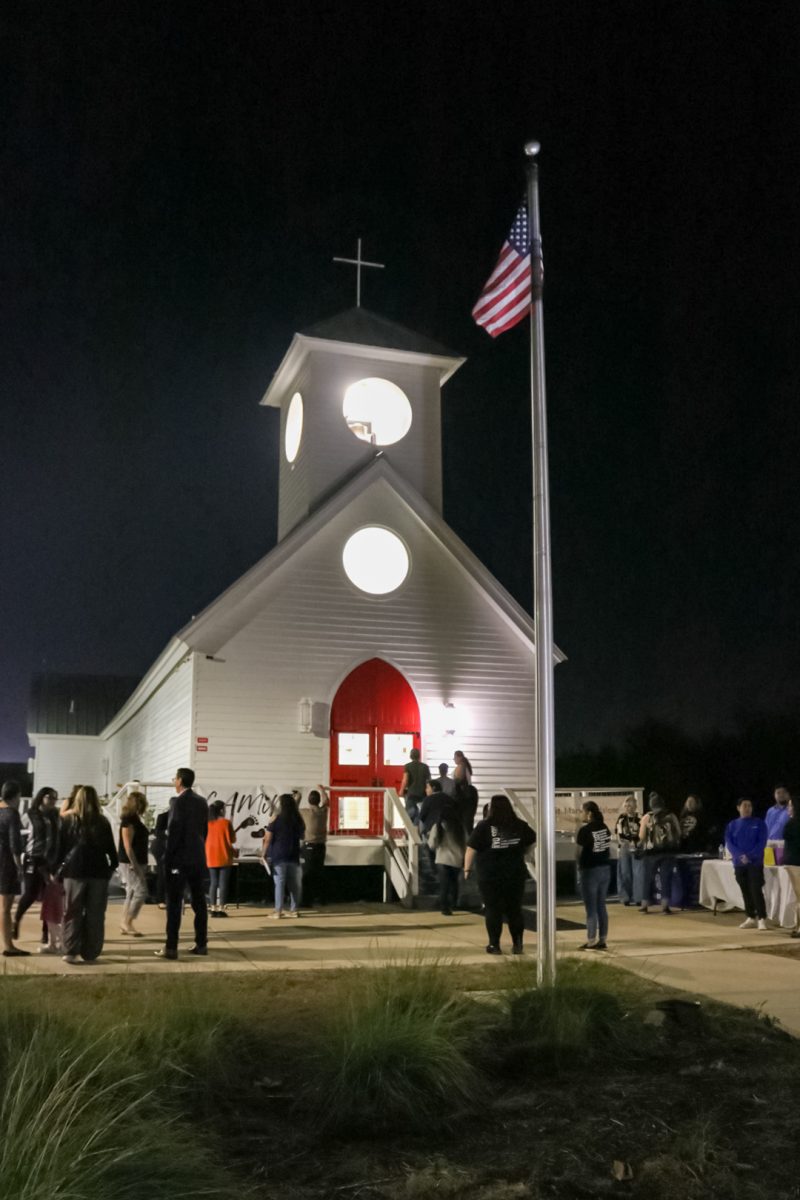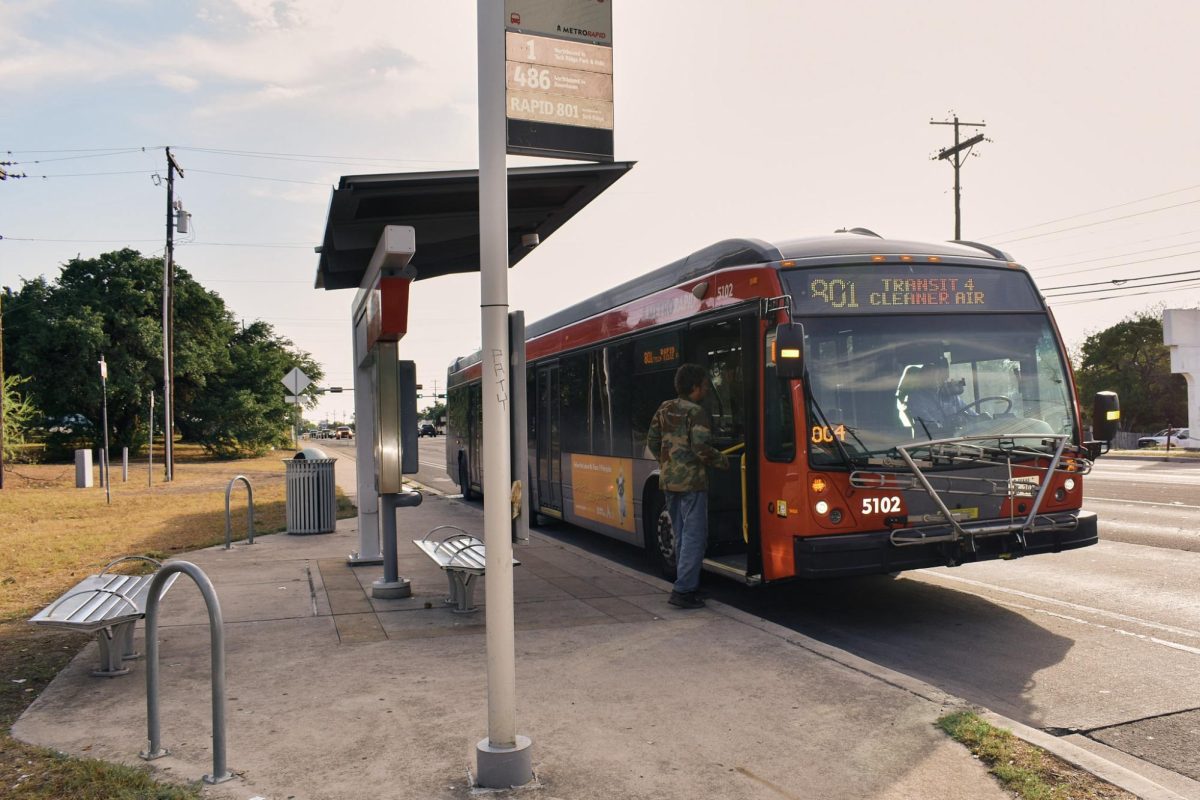St. Edward’s University graduates are facing the toughest entry-level job market in five years according to the Cengage Group 2025 Graduate Employability Report, some applying to dozens of positions without response as nationwide hiring slows.
The Bureau of Labor Statistics released a report in August stating that the U.S. added only 22,000 jobs in August, a drastic cut from July’s 79,000 jobs, with the unemployment rate also dropping to 4.3%.
St. Edward’s University alumna, Taylor Latza, a communications major with a concentration in public relations and advertising who graduated in May of 2025, and Zach Benoit, an acting major with a minor in social work who graduated in May of 2024, both experienced obstacles entering the job market after graduation.
“I actually just accepted a full-time position at Peach Social House as their venue manager, but I was heavily looking for jobs on LinkedIn since April,” Latza said. “It was a strange transitional period, but I think that it was a good growing period for me, and I learned a lot of lessons in what to do and what not to do.”
Like many other job applicants across the country, Latza experienced the so-called “black hole” due to the lack of responses applicants receive when using websites like Indeed, LinkedIn and Handshake, applying to nearly 60 jobs without receiving a single response.
Benoit, despite working an unpaid internship and even landing a small role in a Netflix show, experienced a similar, disappointing experience
“I graduated and was applying to every job under the sun and constantly being told no, whether it was higher education, retail, even restaurants,” Benoit said, “I think anytime you’re looking for jobs in the arts, it’s an especially difficult time after graduation to figure out how exactly you’re going to get to where you want to be.”
The introduction of AI in professional job fields has affected the way graduate students enter the job market. Not only are entry-level jobs being taken over by AI, being proficient is now a common requirement for job applications. For the few open positions, AI is integrated in every level of the job recruitment process. Job applications use AI algorithms to filter through thousands of resumes, majority of which have also been proofread by AI.
A mismatch in the desired job skills between employers compared to what educators teach has also changed how students choose their major. Students are becoming more aware of what the next couple of years after college could look for them.
Gilbert Contreras, assistant director of the College Assistance Migrant Program program and success coach, said he hears less concern about job security from graduate students compared to recent years.
“I think they’re looking more at job prospects five years in the future, whereas in the past, students didn’t even really look at that sort of data,” Contreras said. “AI and the market is kind of hard to gauge how it’s going to go in the next couple of years, so people are looking at more secure routes for their majors after graduation.”
With AI being trusted more and more to complete everyday tasks, the positive and negative effects of AI are still contested. Employers favor the productivity it provides while some applicants disapprove of its use in job recruitment.
“I personally don’t love the idea of AI, I find it to be more of a harm than a help in a lot of senses,” Benoit said, on the integration of AI in the job application process. “The feedback that I’m personally getting from jobs right now are kind of just these AI responses that are not helpful at all.”
Alexis Stokes, dean of the Bill Munday School of Business, said in an interview with Hilltop Views that she welcomes the use of AI at the university because “AI is not new to business.”
“We incorporate AI literacy and AI tools into our curriculum within the business school, and we encourage its use again, ethically and critically because AI doesn’t get everything right, at least not yet,” Stokes said. “I see more opportunity than I see disadvantage; especially at the entry level, the nature of work is changing, that just means there’s more opportunity for creativity.”
The job market is currently in a transitional period. Companies are looking to be as productive and efficient as possible with AI being integrated into nearly every professional field. AI proficiency and job flexibility is becoming increasingly important.




